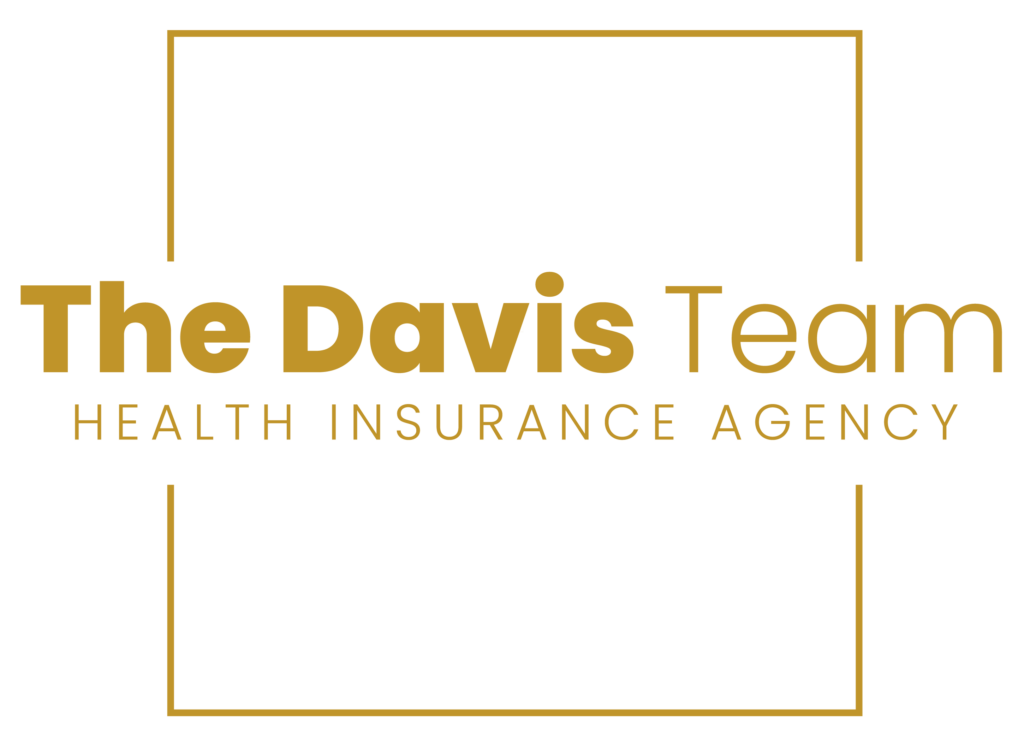To dig deep into health insurance analysis, you first gotta grasp its basics. Think of this analysis as looking under the hood of your car to see what’s really going on. It’s all about figuring out what kind of health insurance suits you. Key components include deductibles, premiums, out-of-pocket maximums, and coverage details. A deductible is the cash you pay before your insurance kicks in. Premiums? That’s your monthly bill to keep the insurance active. Out-of-pocket maximums cap the amount you spend in a year. Lastly, coverage details spell out what’s included or skipped. Keep an eye on these to ensure you’re not paying for what you don’t need and that you’re covered for what you do. This groundwork sets the stage for making a smart choice, ensuring you’re getting the best bang for your buck without any fluff.
Understanding the Basics of Health Insurance Analysis

The Importance of Comprehensive Health Insurance Analysis
Diving headfirst into health insurance without a thorough analysis is like navigating a dense fog without a compass. Don’t make that mistake. A comprehensive health insurance analysis is your roadmap to optimal coverage. It’s not about just having insurance; it’s about having the right insurance for you. By breaking down your needs versus what’s offered, you identify gaps in coverage, dodge unnecessary costs, and ensure you’re fully protected against unforeseen health crises. Think of it as tailoring your policy to fit like a glove. Factors such as your health condition, budget, anticipated medical care (including prescriptions, surgeries, and therapies), and preferred doctors or hospitals should drive this analysis. Without this due diligence, you may end up either underinsured or overspending on premiums for coverage you don’t need. The goal? To secure a plan that covers your health essentials while keeping your financial health in check. Remember, thorough analysis today leads to a healthier, worry-free tomorrow.
Identifying Your Healthcare Needs for Optimal Coverage
First up, know what you need. Every person’s health is as unique as their fingerprint. What works for your friend, might not be the best for you. Start by listing down any medical conditions, regular treatments, or potential health needs you may have in the future. Think prescriptions, doctor visits, specialist care, and more. If you’re planning a family, consider those needs too. It’s all about what you truly require to stay healthy. Don’t skip on things thinking they’re minor. Remember, small health issues can snowball into big ones if ignored. Next, consider your lifestyle. Are you a thrill-seeker who loves extreme sports? Maybe you travel a lot? Your health insurance should match your life pace, covering you wherever you are, whatever you do. Lastly, think about your budget but don’t let it be the only thing guiding you. Cheap plans can end up costing more if they skimp on essential coverages. It’s a balance – find a plan that covers your health needs without draining your wallet. Do your homework, and make informed choices. Your health deserves it.
Key Factors to Consider During Health Insurance Analysis
When diving into health insurance analysis, keep a sharp eye on a few critical factors to make sure you nail the best deal for yourself. First up, understand your health needs. This might seem basic, but it’s easy to skip. Are you a fitness fanatic or someone with a couple of chronic conditions? Your health lifestyle dictates the coverage you need. Next, compare different plans. Don’t just settle on the first option. Shop around. Look at what each plan offers and at what cost. Pay special attention to deductibles, premiums, co-pays, and coinsurance. These figures can make or break a deal. Also, check the network. If you have a doctor you trust, ensure they’re covered under the insurance plan you’re eyeing. Finally, glance over extra benefits. Some plans offer perks like free gym memberships or wellness programs. While not essential, they can be nice bonuses. Remember, finding the right health insurance is about matching your health habits and needs with what’s on offer. Keep these tips in your toolkit, and you’re set to find a plan that fits you like a glove.
How to Compare Different Health Insurance Plans
When looking at different health insurance plans, you want to make sure you’re comparing apples to apples. Start with the premiums—the amount you pay monthly or annually to keep your insurance. But don’t stop there; a low premium could mean higher out-of-pocket costs later. Next, dive into the deductibles. This is what you need to spend before your insurance kicks in. A lower deductible can be great but check if that adjusts your premium. Now, examine the out-of-pocket maximum. This cap is the most you’ll have to pay in a year. Lower caps are better, but they might come with higher premiums.
Coverage specifics are crucial. See what services are covered: doctor visits, prescriptions, emergency services, and so on. Make sure the plan covers your healthcare needs. Lastly, check the network of providers. A plan might look good on paper, but if it doesn’t cover your preferred doctors or hospitals, it might not be the right choice.
Remember, no plan will be perfect in every aspect. It’s about finding the balance that works best for you. Comparing these points side by side will give you a clearer picture of which plan offers the most value for your needs.
Utilizing Online Tools for Effective Health Insurance Analysis
Nowadays, the internet is your friend when it comes to finding the best health insurance. Various online tools can make your health insurance analysis more effective. First off, comparison websites are golden. They lay out plans side by side, showing premiums, deductibles, and coverages. Filter options let you zero in on what matters most to you. Secondly, don’t overlook insurers’ websites. They often have calculators and quizzes designed to match you with the best plan they offer. Lastly, forums and review sites give you the real scoop from folks who’ve been in your shoes. Remember, the perfect plan for you is out there. Use these online tools wisely, and you’ll find it.
Consulting Professionals for a Thorough Health Insurance Review
Talking to pros for a solid health insurance check-up can really turn the tables in your favor. Why? Because these folks know the ins and outs, the tiny details that could save you a bundle or offer more bang for your buck. Going it alone might seem brave, but without the right expertise, you could miss out on better coverage or pay more than necessary. The trick is finding a trusted insurance advisor or a savvy financial planner who’s well-versed in health plans. They can spot gaps in your coverage or areas where you’re over-insured. Plus, they’re in the know about the latest changes in insurance laws and policies, which can affect your coverage and wallet. Remember, this isn’t about spending more money; it’s about spending smarter. Investing a bit in expert advice now could lead to significant savings and better protection down the road. Keep it straightforward ― smart coverage isn’t about paying for what you don’t need; it’s about ensuring you have what you do need without breaking the bank.
Reading the Fine Print: Evaluating Terms and Conditions
Reading the fine print might not sound exciting, but here’s the deal—it can save you a lot of headaches later on. When you’re skimming through your health insurance policy, those terms and conditions are not just filler; they’re the key to understanding what’s actually covered and what’s not. Most folks glance over this part and miss out on critical details. For instance, some policies may cover emergency room visits differently based on the situation or type of treatment. Others might have specific exclusions for pre-existing conditions or require you to use a particular network of doctors and hospitals to get the full benefits. This is crucial because if you’re not aware, you might end up paying out of pocket for something you assumed was covered. Here’s a simple action plan—highlight or note anything that’s unclear and ask your insurance provider to explain it. Remember, no question is too small when it’s about your health and money. The gist is, invest a little time now in understanding the nitty-gritty details to avoid any surprises down the line. Trust me, it’s worth it.
Making Informed Decisions Based on Health Insurance Analysis Results
After diving into health insurance analysis, use your results wisely. Here’s how: First, understand what you need. Do you visit doctors often? Need regular prescriptions? Factor these in. Compare plans. Not all are created equal. Look for one that covers your needs without breaking the bank. Check the network. Is your doctor in it? If not, you might pay more. Consider out-of-pocket costs. Lower premiums might mean higher deductibles. Balance is key. Finally, keep future needs in mind. Plan changes, health changes. Choose coverage that can adapt. Making informed decisions means matching your health insurance to your life, ensuring you’re covered, without overspending.
Continuing the Analysis: Regularly Reviewing Your Health Insurance Plan
Life changes. So should your health insurance. It’s easy to set it and forget it, but that’s not how you land optimal coverage. Remember, each year your health status might change, and health insurance providers often tweak benefits and premiums. Here’s a straightforward plan: Review your health insurance at least once a year. Why? Because maybe you missed out on a new plan that fits your current needs better or a more competitive rate. Maybe your health needs shifted. Got a new job? Family grew? Chronic condition developed? These changes matter. Simply, grab your plan’s summary and check against your current needs. Make sure your doctors are still in-network, your prescriptions are covered, and out-of-pocket costs still make sense for you. If things don’t align, shopping around during open enrollment is wise. Your goal? A plan that offers the best value for your health. Remember, smart folks keep an eye on their health insurance plan. It saves money and ensures your health needs are always covered.
Contact one of our amazing licensed brokers today at www.TheDavisTeamAdvisors.com
